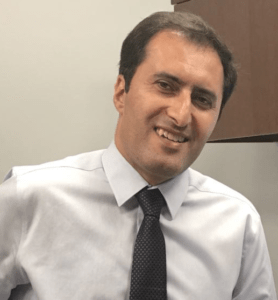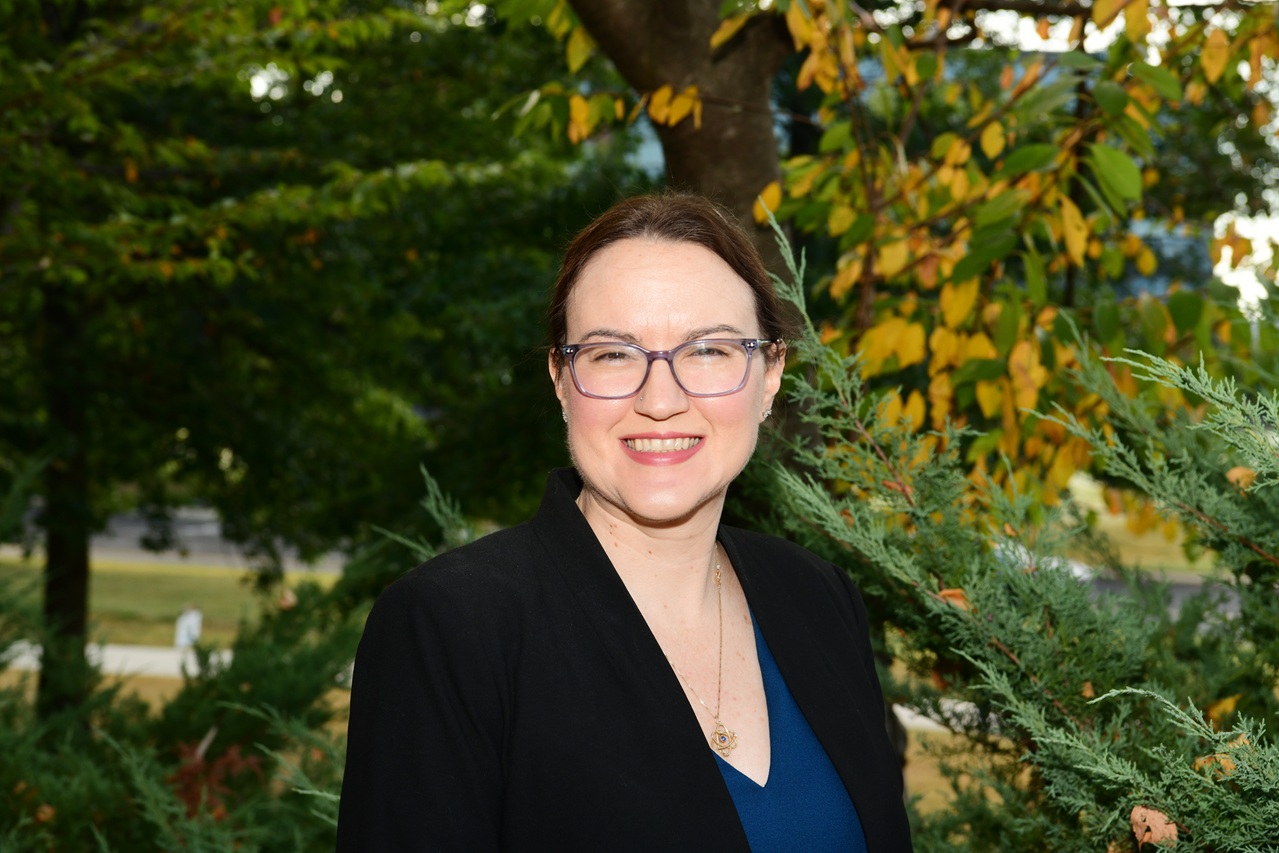News Story
Student Spotlight: Roohollah Heidary

Name
Roohollah Heidary
Year in Program
4th year. Roohollah is a Graduate Research Assistant in the SyRRA Lab.
Advisor
Dr. Katrina Groth
Research Interests
Dynamic Bayesian Networks, Particle Filtering, Prognostic and Health Management, Machine Learning
Dissertation Topic
Developing a novel hybrid PHM (physics-based and data-driven-based) degradation model to estimate the maximum depth of pits when the operational conditions of a pipeline change over time.
What drew you to engineering?
I think for me, the starting point was the time that I learned something about the combustion cycle in the four-stroke engine in middle school. The way that a small, controlled explosion generates power to move a car by converting a reciprocating movement to a rotational movement caught my interest. After that time, my curiousity to understand how different engine systems were designed and manufactured to do a certain task in conjunction with my interest in math and physics encouraged me to study mechanical engineering.
What made you decide to come to University of Maryland and the ENRE Program?
During my masters, I took a course in the reliability of mechanical systems and I found it so interesting. I found reliability engineering as a combination of engineering and management, which are both passions of mine. As a reliability engineer, I can collaborate with the experts of different systems or components. Basically, we can look at reliability engineering as a powerful tool that can be used for a wide variety of systems or components from the feasibility study stage up to the end of their lifecycle. I chose UMD because it has one of the most prestigious worldwide programs in reliability engineering and, as far as I know, UMD is the only university in North America that has a Ph.D. program in reliability engineering.
What do you want people to know about Reliability Engineering that they may not know?
I think there are lots of things that people do not know about reliability engineering, because whenever I tell someone that I am studying reliability engineering, they are surprised and ask what it is :). My short answer is that reliability engineers make sure something works reliably.
The more accurate answer has four elements: we calculate the probability that a component or a system has a proper performance under specified conditions in its lifetime. People may not know that some methods of reliability engineering, such as considering the safety of tools or systems, risk analysis, and decision-making about different everyday events have always been used intuitively by a human being. In reliability engineering, those methods are categorized and developed to analyze the reliability of the modern complex systems such as nuclear power plants, the aerospace industry, oil and gas, automotives, websites, software, electronics etc.
In addition, by using AI and machine learning techniques, we are able to extract more information about the health condition of the complex systems and make appropriate decisions about maintenance actions, inspection intervals, changing their workload, etc. Another example that people may not realize is related to reliability engineering is when a product is recalled by its manufacturer. It is the responsibility of reliability engineers to discover the root causes of of that issue and propose some solutions for that problem. Calculating the warranty period for the products is another example of our activities. I can say, we are the doctors of engineering systems. We decide which parts of the systems should be monitores and tested. Then, based on those data, we analyze the health condition of that system and then prescribe a proper action to have a proper performance
What's a fun fact about yourself?
I play an instrument called the Daf, which is a type of drum. I also like hiking, rock climbing, swimming, and kayaking.
Published July 2, 2019









